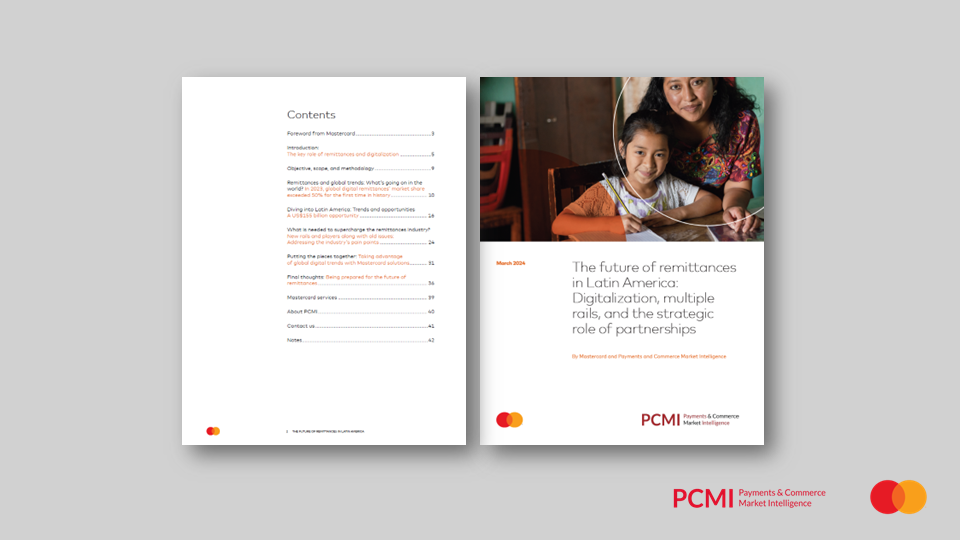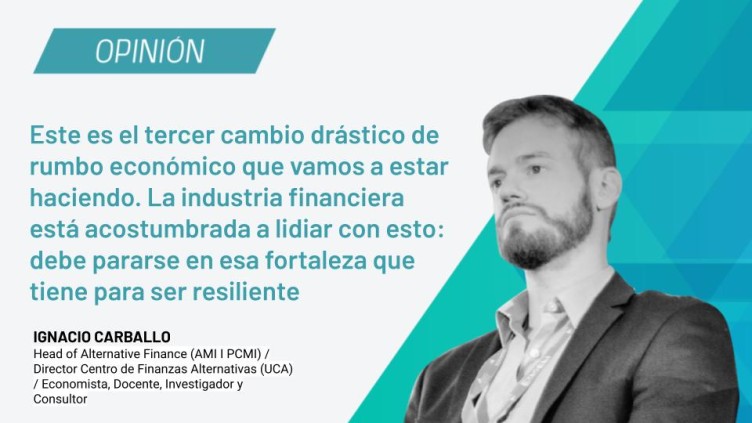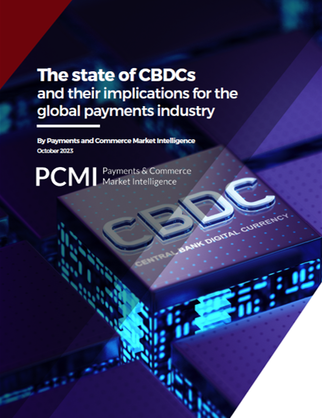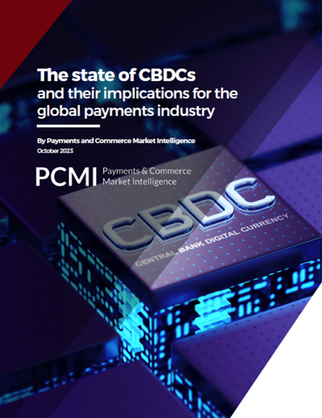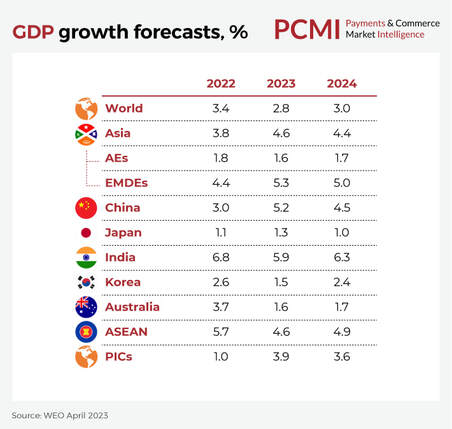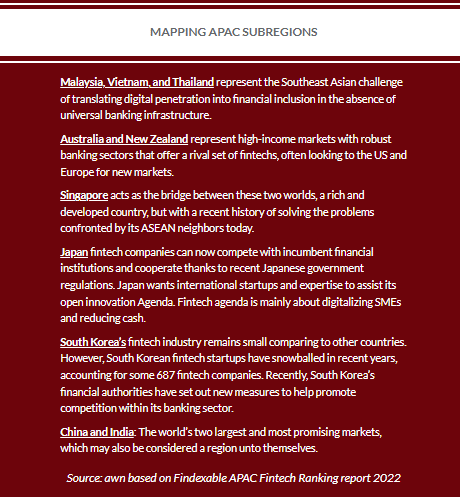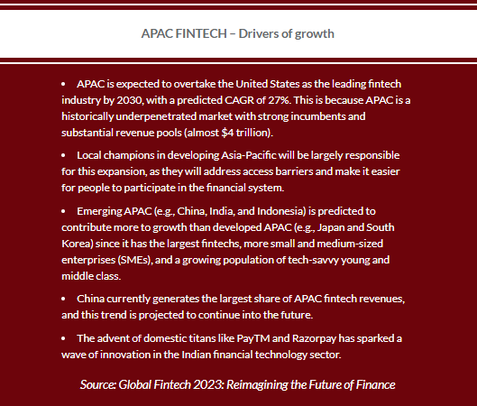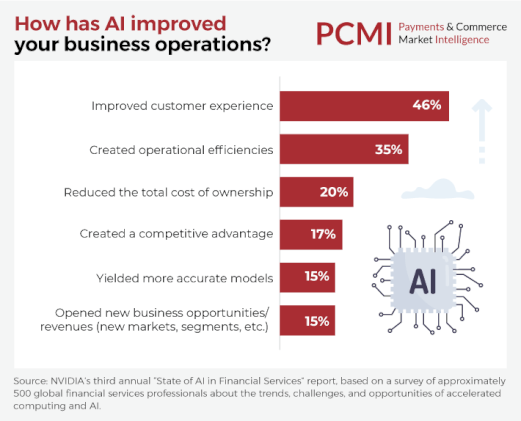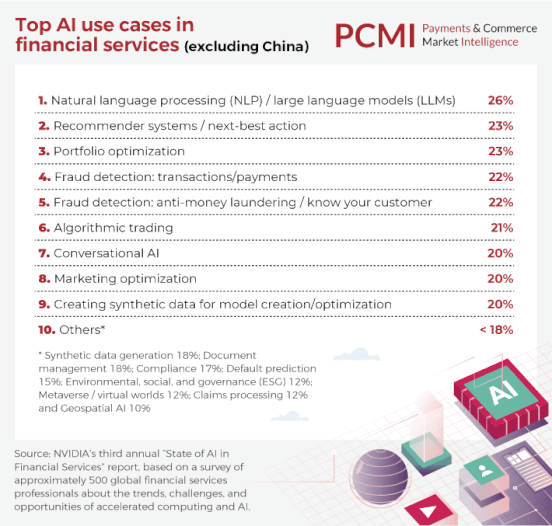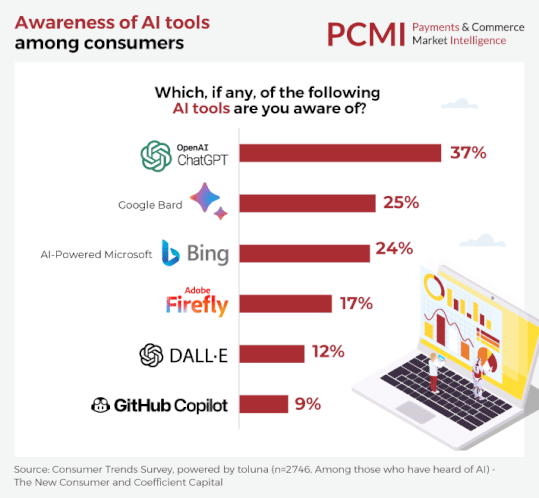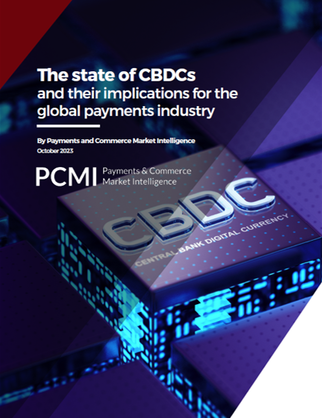➡ 8 tendencias globales y regionales que marcan el presente y futuro en la digitalización de las remesas.
➡ Forecast inéditos a 2026 sobre el share de digitalización de remesas en el mundo y en América Latina.
➡ Importantes casos testigos y recomendaciones validadas con la industria tras meses de entrevistas a firmas líderes del sector incluyendo Intermex Wire Transfer, LLC , MoneyGram International , Mercado Pago, Walmart, BAC, Namutek Fintech , Arcus, a Mastercard company, Paysend, Félix, LeapFinancial , h.way , Remitee, y el equipo de Mastercard Move.
Las remesas cumplen un rol social fundamental en la #InclusionFinanciera y la economía de los países emergentes, pero también son una oportunidad GIGANTEZCA para hacer negocios en el mundo de los pagos.
Le invito a leer este nuevo documento y a conversar al respecto ¡No se lo pierdan!
LAC Newsroom Press Release in Spanish, English and Portuguese.
Whitepaper PDF file: Spanish, English, Portuguese
